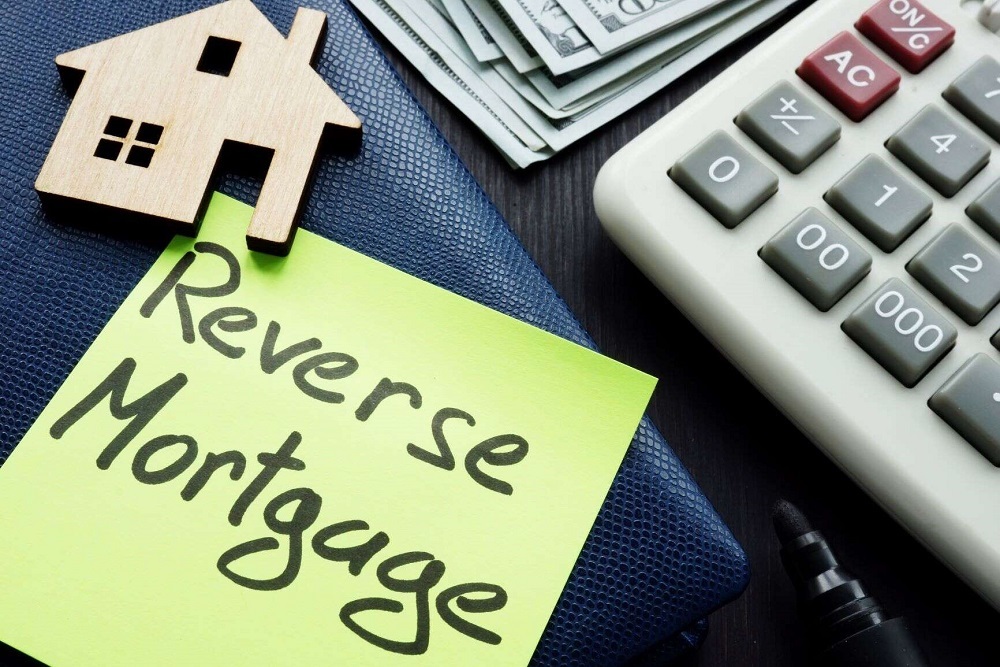Source: Greater Iowa Better Business Bureau
Source: Greater Iowa Better Business Bureau
Greater Iowa Better Business Bureau issued the following announcement on Sept. 24.
The coronavirus pandemic is causing challenging housing situations for people who are facing the possibility of losing their homes. One option to help older consumers is called a reverse mortgage. However, before making a commitment, consumers need to understand that this product is a loan that must be paid back.
A reverse mortgage loan, like a traditional mortgage, allows homeowners who are at least 62 years old to borrow money by using their home as security for the loan. Like a traditional mortgage, the title remains in the homeowner’s name. However, unlike a traditional mortgage, borrowers don’t make monthly payments with a reverse mortgage loan. The loan is repaid when the borrower no longer lives in the home, which can happen when the homeowner goes into assisted living or passes away. Interest and fees are added to the loan balance each month, and the balance grows over time.
Although there is no monthly payment owed by the homeowner, there are three main requirements: (1) homeowners must pay their property taxes and homeowners insurance, (2) homeowners must live in the property as their principal residence, and (3) homeowners must keep their home in good condition. Failure to meet these requirements may lead to default or foreclosure.
How much a homeowner may borrow depends on the borrower’s age, the interest rate on the loan, and the value of the property. A borrower may receive the loan proceeds through a line of credit, monthly payout, or lump sum payout. With a reverse mortgage loan, the amount the homeowner owes to the lender goes up – not down – over time. This is because interest and fees are added to the loan balance each month. As your loan balance increases, your home equity decreases.
A reverse mortgage loan is not free money. The homeowners or their heirs will eventually have to pay back the loan, usually by selling the home.
If you or a family member are in a situation where a reverse mortgage may be an option, BBB recommends researching lenders and understanding the financial aspect of reverse mortgages before deciding. During January to August 2019, BBB received 24,037 inquiries and reviews about reverse mortgage companies. This year, BBB received 27,313 during the same time period, an increase of 14 percent.
Before considering a reverse mortgage loan, understand what the loan involves, discuss with family members whether this type of loan is appropriate for your situation, and consider consulting with a HUD-certified housing counselor or an attorney before making a financial commitment. Research BBB Accredited Businesses that offer reverse mortgages. To learn more about reverse mortgages, go the Consumer Financial Protection Bureau’s reverse mortgage information page. Canadian residents are encouraged to start their research with the Financial Consumer Agency of Canada.
Finally, beware of scams! Watch for unsolicited contractors who approach you about applying for a reverse mortgage to pay for repairs to your home. Research all options, ask questions, and don’t allow yourself to be pressured into getting a reverse mortgage if it’s not needed. Report any scams to BBB ScamTracker and the Federal Trade Commission.
When seeking help, always look for businesses that follow BBB Accreditation Standards and BBB Standards for Trust.
Original source: https://www.bbb.org/article/news-releases/23105-bbb-tip-reverse-mortgages






 Alerts Sign-up
Alerts Sign-up